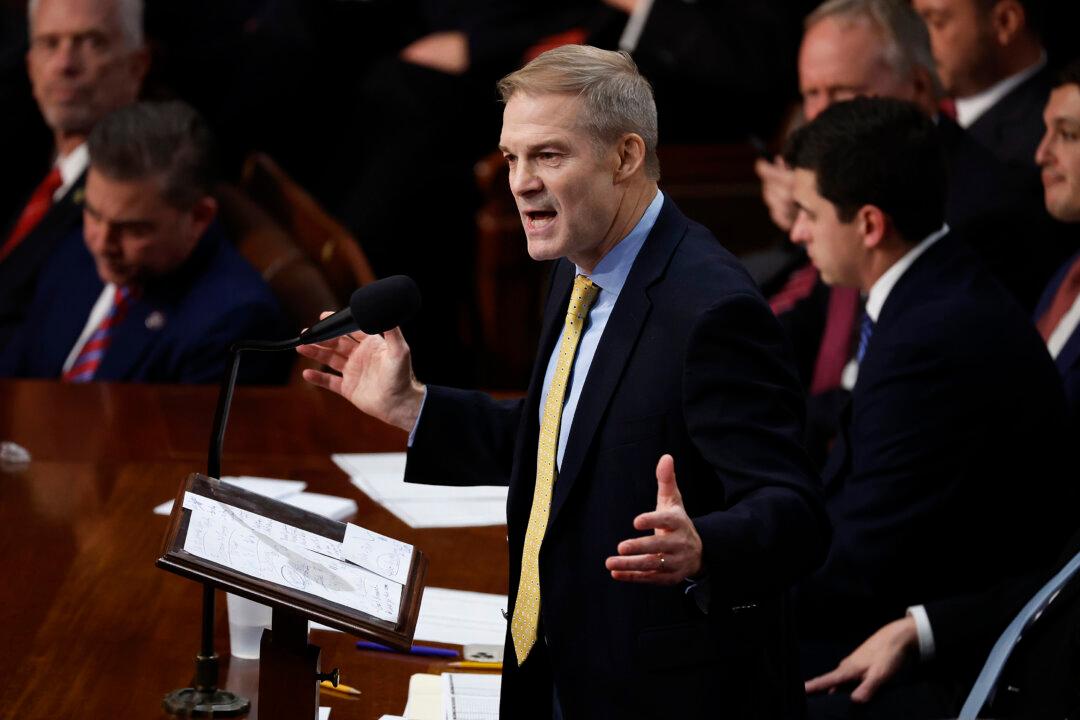Members of a proposed House subcommittee to investigate the “weaponization of the federal government” will have the authority to review ongoing criminal investigations if the new House rules package is approved on Jan. 9.
Proposed as a subcommittee of the House Judiciary Committee, the panel’s sweeping powers were agreed to by Rep. Kevin McCarthy (R-Calif.) as part of the deal that made him speaker of the House.





